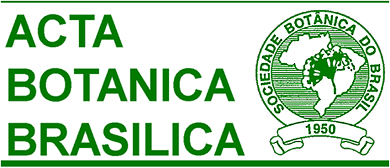The presence of heavy metals in soil causes impact on microorganisms, vegetation and functional processes in ecosystems. Aiming to prove that Mucorales are affected by copper extraction at the Caraíba mining site, Jaguarari, Bahia, species of Mucorales were isolated from samples collected in the dry and wet seasons. Mucorales were identified and characterized according to their capacity to degrade starch and inulin. Forty six isolates from seven different species of Mucorales were obtained by the serial-dilution and soil-plate methods. Absidia blakesleeana Lendner, A. cylindrospora Hagem, A. hialospora (Saito) Lendn., Cunninghamella elegans Lendner, Rhizopus microsporus V. Thieghen, R. oryzae Went. & Prinsen Geerl. and Syncephalastrum racemosum (Cohn.) Schroet. were isolated in the dry season. Absidia blakesleeana and A. hialospora were isolated only in the wet season. Rhizopus oryzae had the greatest number of isolates (30.43%) followed by A. blakesleeana (26.09%) and C. elegans (21.74%). The genus Absidia had the greatest number of species followed by Rhizopus. The number of isolates obtained from each sample site was significantly different, proving the negative effects of environmental impact on Mucorales abundance in the affected soils. All species were capable of degrading starch. However, C. elegans was the only species that also degraded inulin. Isolates of the same species from different areas showed the same behavior as regards capacity to degrade starch and inulin.
Mucorales; copper mining; enzymes; arid Brazil; caatinga



